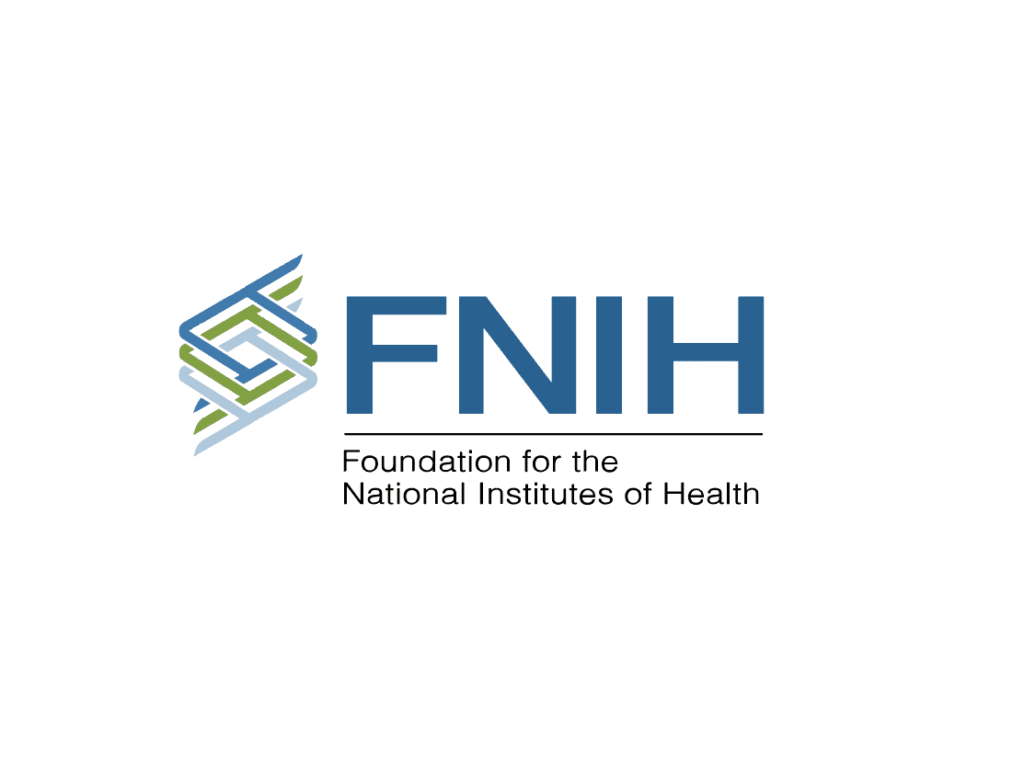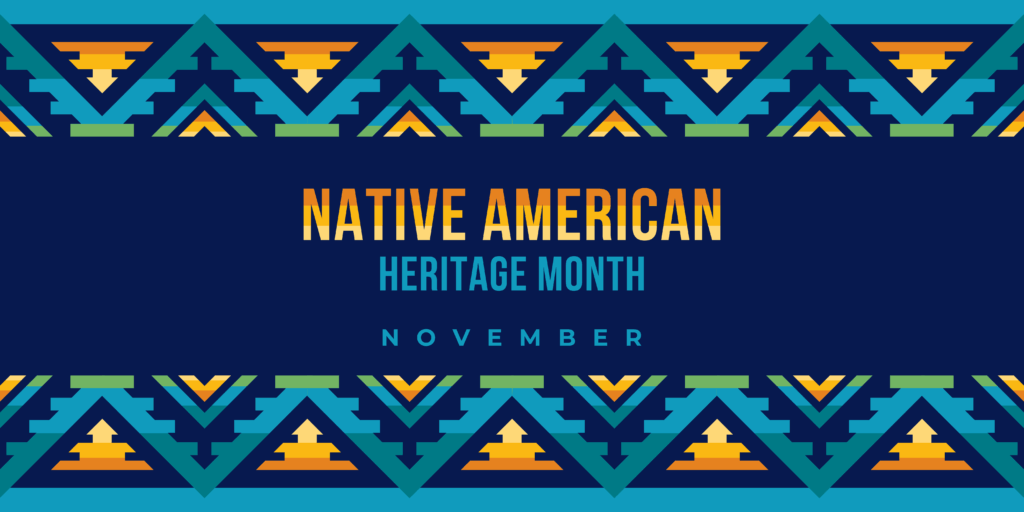

Getting to Know: Dr. Karen Mancera-Cuevas, Senior Director, Health Equity
Following is a Q&A to get to know Dr. Karen Mancera-Cuevas, Senior Director, Health Equity, who began working at the National Health Council (NHC) in February 2023.
Putting Patients First (PPF) Blog: How did you first hear about the National Health Council and what made you want to become part of the NHC team?
I am quite aware of the partnership of the NHC through a variety of professional partnerships in addition to the intersectionality in the patient care and engagement space. I was excited to join the team as health equity is a huge part of the patient experience, and I wanted to be part of creating a significant path in this realm.
PPF Blog: Can you tell us about your journey as a health equity advocate?
My journey as a health equity advocate began many years ago. Under the mentorship of health educators, I participated in grassroots work educating diverse teen parents through home visits and school-based meetings on a variety of health topics such as STIs, Women’s Health, and HIV/AIDS. This experience led to my strong interest to begin a career as a community health educator.
PPF Blog: What other work have you done that will help you advance your DEI and health equity work at the NHC?
More than 20 years of work in my career tie to the DEI space. Early in my career I was mentored by promotores de salud or Community Health Workers. My involvement in several projects with Latino/Hispanic communities from BRCA1/BRCA2 awareness to epilepsy education, cardiovascular funded studies by the National Heart Lung and Blood Institute and lupus curricular design/ implementation at the national level. I also had the opportunity to work with the Chinese Mandarin-speaking community in Chicago and Black/Caribbean communities in Chicago and Boston engaging in community-based participatory research. Most recently I lead a statewide COVID-19 equity grant encompassing immigrant/refugee audiences and rural constituents.
PPF Blog: Your role is mainly focused on health equity; can you tell us why health equity is important?
Health equity is super important as it impacts all aspects of our society. For example, cultural and ethnic diversity are just one aspect of the larger conversation of health equity but weave into how societal members view public health and the health care ecosystem. Social determinants of health are also integral when we describe and assess the challenges and differences to access to care and the ability to navigate systems in many communities throughout the U.S.
PPF Blog: What impact do social drivers of health have on health equity, and what actions can patient advocacy organizations take to address these drivers?
Understanding social drivers are significant when visualizing the intersection of social determinants of health in populations experiencing disparities (racial/ethnic, refugee, rural, LGBTQ, homeless, etc.). Opportunities may be disparate for certain groups due to limited education, challenges with navigation of the health system, or simply not having the support to engage in health preventive behavior. One way that patient advocacy organizations can address varied drivers is through community-level engagement. Often patient support or peer-led circles add lived experience to deal with chronic conditions that have psychosocial implications for the affected patient and their social network.
PPF Blog: How can patient advocacy organizations ensure that health equity initiatives are sustainable and have a long-term impact on patients?
There is a promising opportunity in this space for the long-term. Definitely working with priority populations groups within each patient advocacy group is important. Examples that organizations should consider include initiatives to support diverse recruitment of study participants in clinical trials, development of patient-led policy initiatives, and fostering partnerships with experts in the specialized treatment fields to include patient voices in future work and discovery.
PPF Blog: Tell us something about you personally. What do you do outside of work?
Outside of work I like spending time with my family and friends, vegetable gardening (tomatoes are my favorite veggies to grow), doing yoga, and crafting-particularly knitting, pottery, and painting. I am also a pet mom of four to a cat, dog and two birds.


